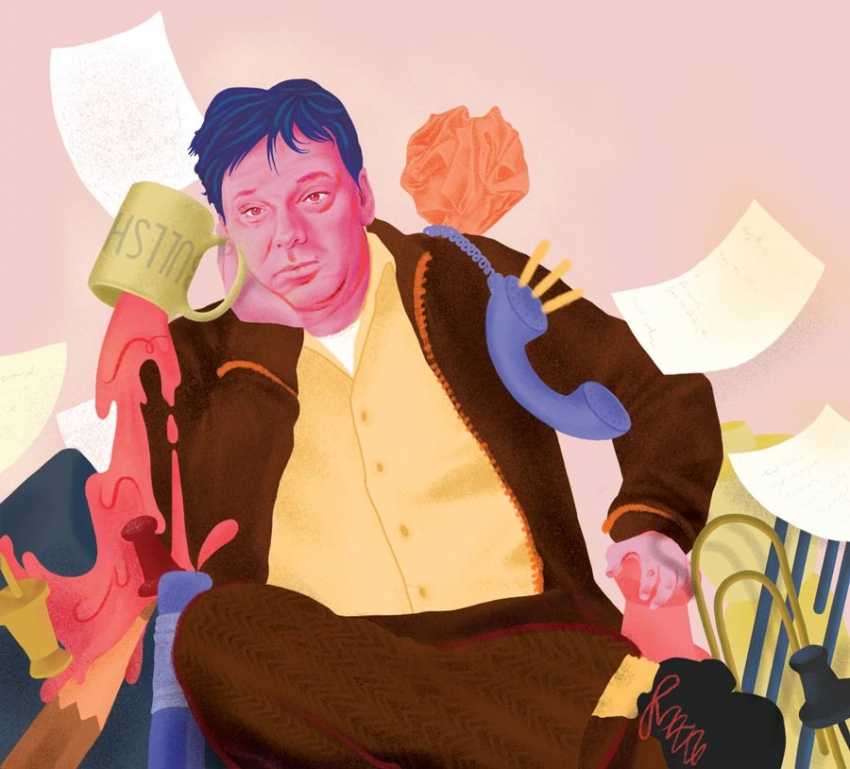David Graeber on the History of Civilizations

American anthropologist David Graeber was recently interviewed by Sasha Lilly on KPFA's Against the Grain. Graeber is the author of many books, including Debt: The First 5000 Years, and appears in the highly informative documentary series Capitalism, directed by Ilan Ziv. His insight into debt as the driving force behind the Spanish conquest of the Americas is a particularly interesting part of chapter 1 of the film.
The key points in Graeber's interview are as follows.
Humans did not live in small hunter-gatherer bands, and this has been known for a while. Hunter-gatherers lived in bands for perhaps part of the year, but changed their social structure quite often. They had different structures - patriarchal, micro cities, a strong state, hierarchical, egalitarian - for different times of year.
Humans have "played around" with social structures for thousands of years. There is no linear development of human society (contrary to the popular theory put forward by the likes of Jared Diamond).
Contrary to popular belief, many of the first cities were more egalitarian than what came before. additionally, there is a tendency for early cities to develop hierarchies, and then change (see Teotihuacán in central Mexico).
Large infrastructure projects does not necessitate large state powers. Large scale organization does not require hierarchical rule.
Unlike our current capitalist society, many early Native American societies did not have ways of turning wealth into power.
When Europeans, especially missionaries, encountered these societies, there reaction was not one of "it's a lovely idea but it would never work. Rather, when faced with societies based on equality, they retorted, "it works, but it's a horrible idea."
The whole idea of stages of human development is invented in direct response to the indigenous cirtique of European society, which was incredibly popular at the time.
There are political implications of imagining "the original sin" of human society being the development of agriculture and the development of the state.
Humans used to have more control over their societies. The normal state of affairs is to move about between social structures. So, how did we get stuck in one "mode"?
The word "inequality" is loaded (lends itself to milk-toast, establishment reforms). What would a completely equal society look like? What we object to is not necessarily inequality, but the ability to turn wealth into power over other people. You can get rid of a system in which people can use wealth to push people around.
Oddly, the word "freedom" has fallen into disrepute. There are non-liberal notions of freedom.
It's a fallacy that large-scale society is incompatible with equality. The social possibilities are much richer than we like to imagine.
The full interview is here.
Comments
Post a Comment